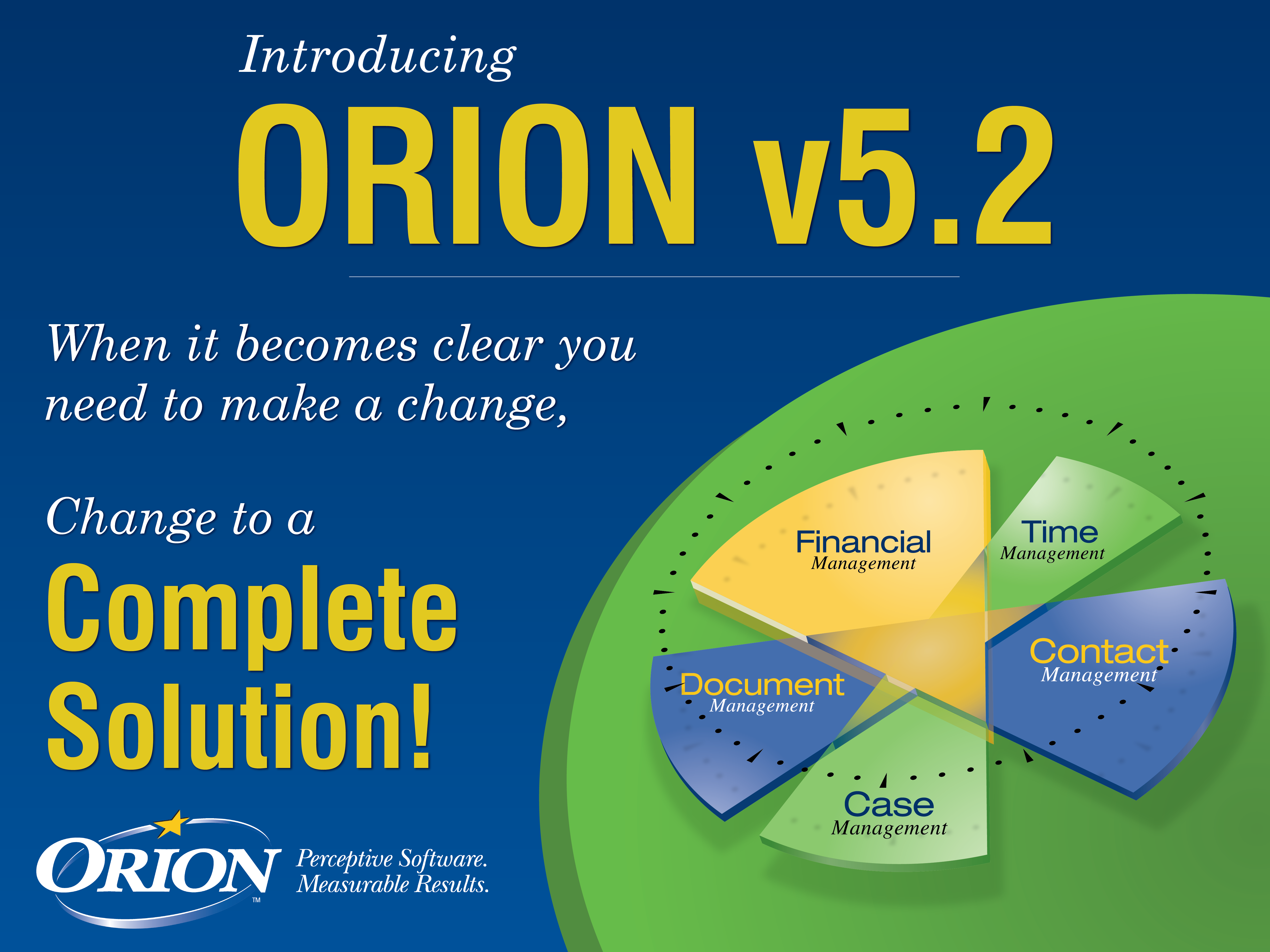For many law firms, work transitions and changes during the pandemic have yielded insights, new policies and positive outcomes — even during the most uncertain and difficult times.
INCREASED SOCIAL JUSTICE INITIATIVES
At Davis Wright Tremaine LLP, the twin effects of COVID-19 and social justice inspired an acceleration of social responsibility initiatives and expanded pro bono interest even further.
“During the pandemic, we collaborated with numerous legal service provider and social service agencies to understand ground-level needs,” says Joanna Boisen, Chief Pro Bono and Social Impact Officer. “We wanted to be sure we were supporting existing efforts instead of duplicating them, and identified ways we could make a meaningful difference.”
Recognizing that the restaurant sector had been hit hard — with more than 110,000 restaurants closed and over 2 million employees losing their jobs — the firm helped create the Restaurant Employee Relief Fund to financially support these workers. Additionally, the firm created educational pamphlets for restaurant workers in Washington, California and Oregon, three states where the firm has offices, that provided clear information concerning the rights, responsibilities and options of terminated employees.
“Routine probate hearings now are done without travel. We meet clients where they are — in their home office, at the kitchen table or on the patio — and answer their questions, make decisions and agree on next steps.”
It also organized a range of practical and helpful information on housing, health care, employment opportunities, utilities and other emergency supports. Feedback to the piece was positive, and the outreach effort was well received by affected workers and more deeply engaged the firm in their community.
Because the need increased, interest in firm pro bono activities also increased. “The pandemic, push for racial justice reform, and a strong commitment to protecting voting rights mobilized even more attorneys to give of their time and talent,” says Boisen. “Our numbers have always been high, but when it became clear how impactful attorneys could be in helping navigate legal issues caused by the pandemic — and inspired by race, equity and justice initiatives — we saw really incredible response across the board.”
SPOTLIGHT ON TECHNOLOGY
Remote work shone a bright light on IT capabilities and weaknesses, motivating — and in some cases, forcing — some firms to upgrade their departments and automate their processes.
At Fairfield and Woods P.C., the pandemic accelerated the technology trajectory. Pre-pandemic, the firm had just begun its transition to a new billing system, but the lockdown forced the firm to reassess any previous hesitations and fast-track the process, says Executive Director Michelle Friends. “We had more urgent conversations about efficiencies, and improving systems became a key priority for management.”
“The marketing and IT teams have started working more collaboratively, rolling out new initiatives designed to make new technology rollouts more ‘fun’ and interactive.”
Billing and invoicing also got an update at the Wochner Law Firm LLC, where paper had been the norm before the COVID-19 shutdown. “The pandemic helped us take our billing and invoicing from paper to electronic,” says Principal Corinne Cantwell Heggie. “It allowed us to bring clients along as we implemented a secure method to deliver invoices and gave clients secure electronic payment options if they did not want to mail a check.”
These changes and the incorporation of other technology tools as a part of its client services yielded welcome benefits: “The pandemic has normalized technology in our practice for good!” says Cantwell Heggie. “Routine probate hearings now are done without travel. We meet clients where they are — in their home office, at the kitchen table or on the patio — and answer their questions, make decisions and agree on next steps.”
COMMUNICATION POSITIVES
Making changes in IT processes is tough under normal circumstances. Doing so while working remotely adds another layer of complexity and stress. But Friends’ background in marketing helped make the firm’s technology transition less onerous.
“The marketing and IT teams have started working more collaboratively, rolling out new initiatives designed to make new technology rollouts more ‘fun’ and interactive, including ‘tips and tricks’ and how-tos that are presented in user-friendly and engaging ways,” she says.
Clear and efficient communication became even more critical while working remotely. To address this issue, the Fairfield and Woods leadership team has embarked on formal training designed to help lead more productive meetings. The program aims to cover such topics as planning and setting agendas, controlling discussions and managing expectations, which will enhance all meetings — whether in-person or by videoconference.
Mark Hetzler, Managing Partner at Fitch, Even, Tabin & Flannery LLP, says communications have improved at his firm as well.
“People have learned to use and rely on the technology for instant messaging and emails,” he says. One technology tool even made a major comeback: the phone. “Some people are even picking up the phone and calling more,” he adds. All told, in many instances, Hetzler says the increased use of these types of communications actually decreased distractions and increased productivity.
Well before the pandemic, Fitch Even was relying on videoconferencing to stay in touch with clients, and face-to-face meetings were becoming more the exception rather than the rule. As such, Hetzler says that client interaction has not changed significantly since the pandemic began and more lawyers and staff worked remotely. But one perk has surfaced: lawyers are “seeing” their clients much more frequently because of increased videoconferencing.
REMOTE HIRING AND ONBOARDING POSITIVES
Communication positives even extended to the onboarding process for new hires. Although some firms drastically pared down attorney and staff levels during the pandemic, Fitch Even continued to hire staff, summer associates and lateral hires — and found surprising benefits when onboarding remotely.
The firm planned virtual coffee breaks so new hires could get to know others in the firm. “Every aspect of our training programs, including the summer associate program, was transitioned to a virtual platform,” says Hetzler. The virtual orientations and meetings often were more beneficial because “it enabled our associates to have a broader exposure to attorneys and staff in our other offices.”
CONTINUING THE SENSE OF COMMUNITY
Maintaining a sense of community, firm culture and connection prompted extra communication, creativity and innovation. To raise morale and inject more fun into the tedium of remote work, Friends’ firm scheduled regular Zoom happy hours, started a pen pal program and planned outdoor holiday excursions, including wine tastings, dining events and trips to the zoo. The firm also launched a newsletter with wellness tips, employee assistance program (EAP) resources and staff profiles. Many of these activities, Friends expects, will continue in some form even after lawyers and staff return to the office.
The sense of shared community, perhaps, has been the biggest positive takeaway after navigating the pandemic and all its attendant challenges.
“It has made it much easier now to start a conversation. We all have something in common,” says Friends.
Cantwell Heggie agrees with this sentiment, noting the circumstances forced by the pandemic made them more cohesive. “Bottom line, we make a point to listen and work with our team because we know, pandemic or not, supporting the team makes the team stronger.”


